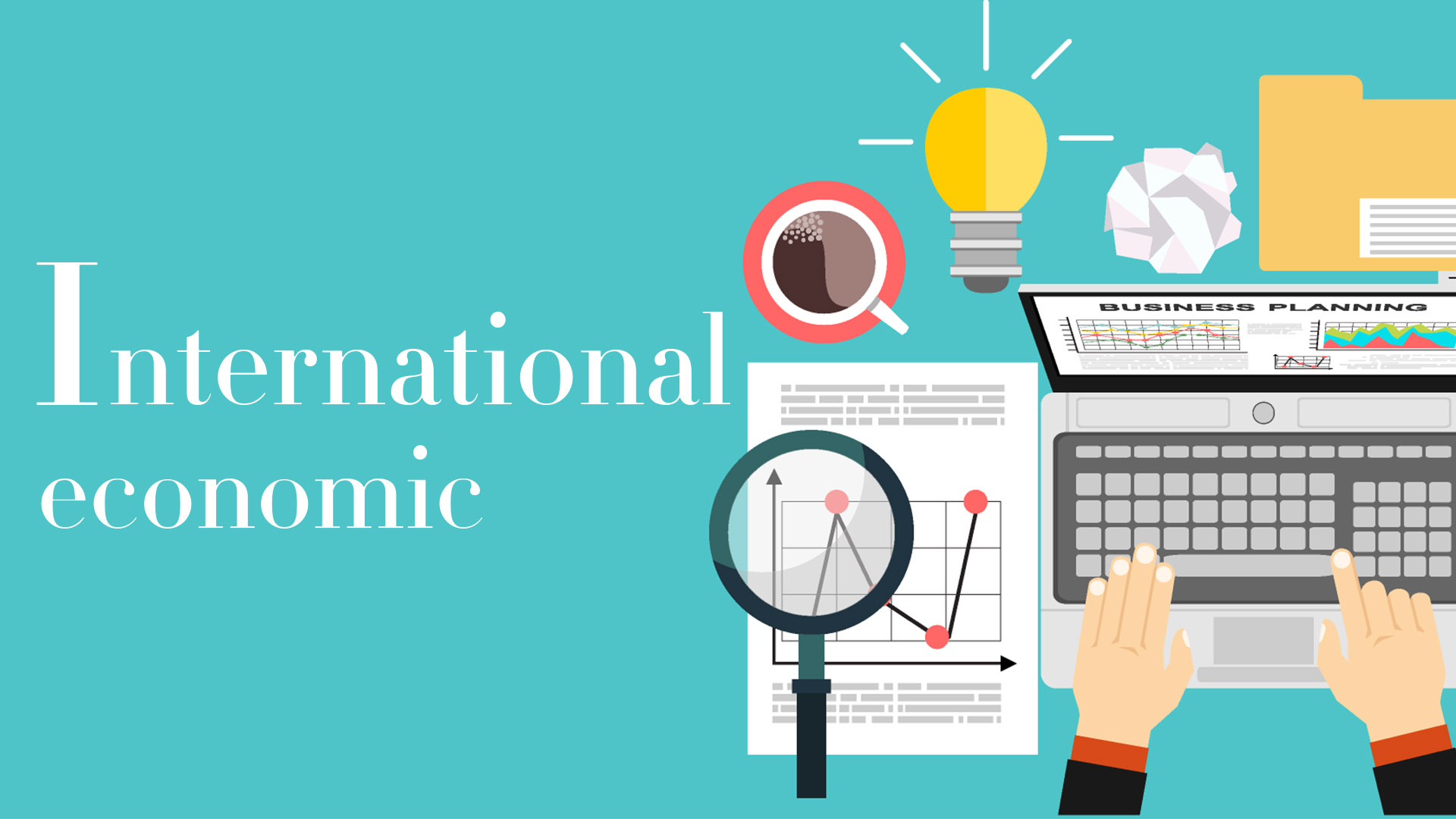第四章测试1.Assume both labor and capital are completely mobile, and a nation is capital rich/labor scarce. In order to increase welfare, what kind of trade policy should the government adapt?( )
A:Restrict all trade, because the standard of living will decline and people will be worse off
B:Not restrict trade, because any decline in real wages will be matched with an even larger gain by those who own capital
C:Not restrict trade, because the real wage will eventually cycle back to the pre-trade value, eliminating any losses in the standard of living
D:Only restrict trade that will make the real wage fall, and allow trade that will not affect wages
答案:B
2.Which of the following is a part of the Heckscher-Ohlin model that states international trade will bring about equalization in the returns to homogeneous factors across nations?( )
A:Factor-price equalization theorem
B:Product cycle theory
C:Factor-proportions theory
D:Factor-endowment theory
3.The Heckscher-Ohlin theory is often referred to as: ( )
A:Factor-price equalization theorem
B:Factor-proportions theory and Factor-endowment theory
C:Factor-endowment theory
D:Factor-proportions theory
4.Which of the following is considered to be a short-run version of the factor price equalization theory?( )
A:Economies of scale theory
B:Product cycle theory
C:Intra-industry trade theory
D:Specific factors theory
5.According to the specific factors trade theory:( )
A:Owners of factors specific to export industries gain when trade takes place, but owners of factors specific to import-competing industries lose
B:Both owners of factors specific to export industries and owners of factors specific to import-competing industries gain from trade
C:Both owners of factors specific to export industries and owners of factors specific to import-competing industries lose from trade
D:Owners of factors specific to export industries lose when trade takes place, but owners of factors specific to import-competing industries gain
6. In his empirical test of Heckscher and Ohlin’s model, Leontief found that( )
A:the US imported and exported more labor intensive goods.
B:the US imported more labor intensive goods and exported more capital intensive goods.
C:the US imported more capital intensive goods and exported more labor intensive goods.
D:the US imported and exported more capital intensive goods.
7.Which of the following is not an example of a capital rich nation?( )
A:Italy
B:India
C:Germany
D:Canada
8. Non-traded goods and services are those that are not traded because of international barriers to entry, such as exorbitant import tariffs.( )
A:错 B:对
温馨提示支付 ¥4.99 元后可查看付费内容,请先翻页预览!

